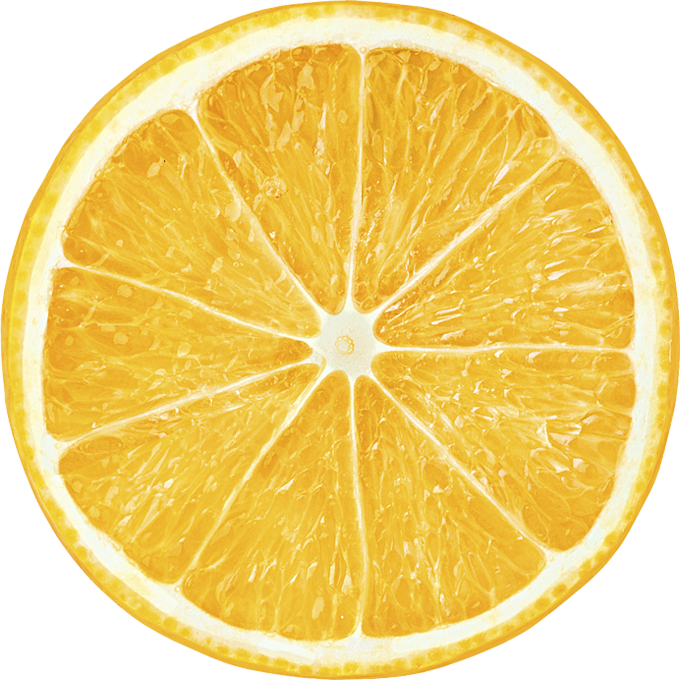- To limit the spread of the deadly citrus plant disease HLB, an HLB citrus quarantine is in place throughout portions of Los Angeles, Orange, Riverside, San Bernardino, San Diego and Ventura counties in response to HLB detections in those areas.
- An area is put under the HLB quarantine when an HLB infection is present in a citrus tree or other host plant material nearby. Citrus plant material is routinely collected by California Department of Food and Agriculture (CDFA) officials to be tested for the disease.
- Once an HLB detection is confirmed, a quarantine is established within a 5-mile radius of the HLB-infected tree, within which certain restrictions apply to the purchase, sale and movement of citrus plants, plant material, and fruit.
- To further limit the spread of the ACP and HLB, there are additional quarantines in place that make it illegal to bring citrus fruit or plant material into California from other states or countries.
Huanglongbing Quarantine
Huanglongbing (HLB) has been found in Los Angeles, Orange, Riverside, San Bernardino, San Diego and Ventura counties. There are a handful of rules and regulations in place to help protect the California citrus we love, including an HLB quarantine which places limits on the transport and movement of citrus plants and material to prevent the spread of the deadly disease.
To help California residents understand what the HLB quarantine means, the Citrus Pest & Disease Prevention Program answers commonly asked questions to best explain how we all need to work together to protect California’s citrus:

If you live in an HLB quarantine area, then you may not:
- Move citrus plant material out of HLB quarantine boundaries. Host material includes all plant parts, including stems and leaves.
- If fruit is free of all stems and leaves and washed thoroughly, residents may share their backyard harvest inside of the HLB quarantine area in small quantities. Different rules apply to commercial growers, fruit sellers, and vendors. Contact your local CDFA or county agricultural commissioner’s office for details.
- Move equipment such as pruning tools used to harvest citrus plant material out of an HLB quarantine.
- Purchase a citrus tree not grown in an approved ACP-resistant structure. Retailers and nurseries without ACP-resistant structures within the HLB quarantine area are prohibited from selling citrus in these areas.
You may see CDFA officials in your neighborhood inspecting citrus trees and other plants for HLB symptoms, collecting plant samples for further testing, removing infected trees or treating trees located near known detections.
- Officials do not need access to your home or direct contact with you in order to complete their work.
- Officials may take samples of plant material from your trees for further review and may leave a notice at your door to conduct future inspection work.
- Officials will have a badge indicating their affiliation with CDFA and/or a uniform shirt or patch clearly identifying their affiliation with CDFA or State Agriculture.
- Watch this video to learn more about what to expect from agricultural officials and their activities to protect California citrus.
If a plant sample collected from your property tests positive for HLB, you will be notified as soon as the results are available, usually within 1-2 weeks. The disease does not harm animals or humans but is fatal for citrus trees, so trees are required to be removed, free of charge, in order to prevent the spread of the disease to nearby trees.
- If you choose to plant citrus, make sure to buy your citrus tree from a reputable, licensed nursery in your local area and seek advice from garden center staff on products that can help keep your tree healthy. UC Master Gardeners are available to support your citrus and home gardening questions.
- Stay vigilant and take action should your citrus trees show signs of the pest or disease.
- Do not move citrus fruit or plant material into or out of your area or across HLB quarantine boundaries.
- Cooperate with agricultural officials conducting activities in the area.
If you suspect your tree is infected with HLB, act fast. Call the free statewide pest hotline at 800-491-1899 to speak to an expert. For other inquiries, use the online contact form.
